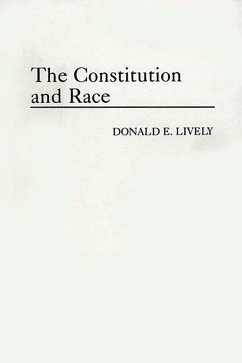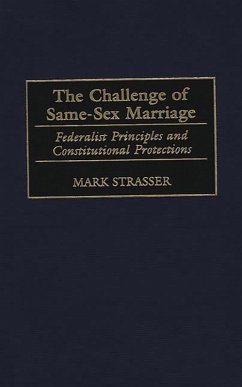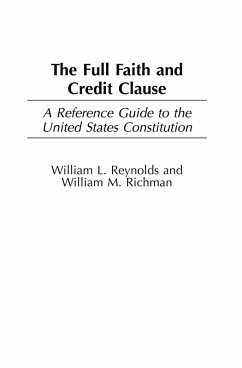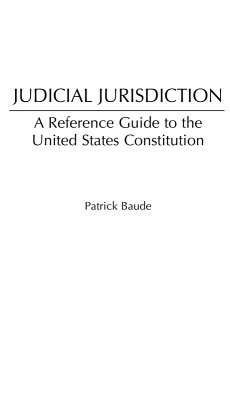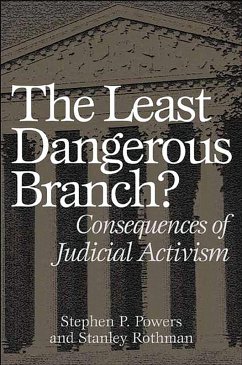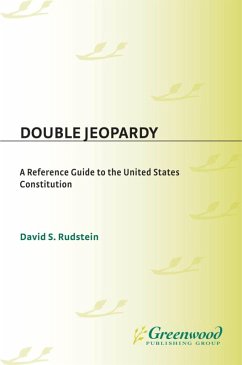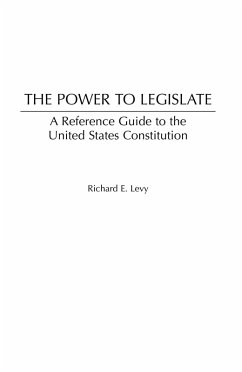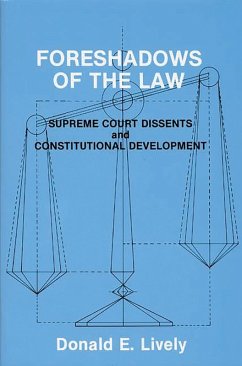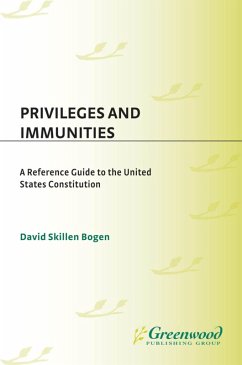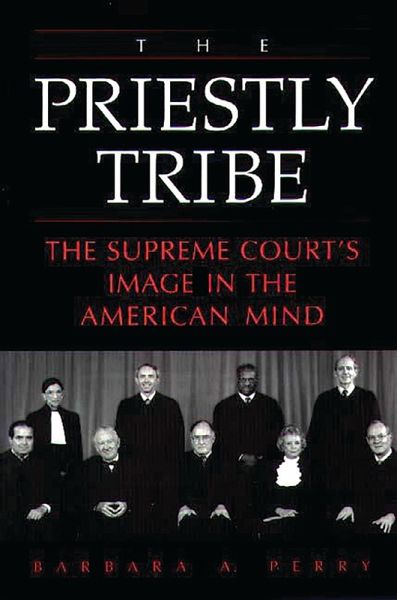
The Priestly Tribe (eBook, PDF)
The Supreme Court's Image in the American Mind

PAYBACK Punkte
11 °P sammeln!
Perry illuminates the Supreme Court's unique advantages in sustaining a noble public image by its stewardship of the revered Constitution, its constant embrace of the rule of law, the justices' life tenure, its symbols of impartiality and integrity, and a resolute determination to keep its distance from the media. She argues that the Court has bolstered these advantages to avoid traps that have marred Congressional and presidential images, and she demonstrates how the Court has escaped the worst of media coverage. In this detailed examination of the Court, its justices, decisions, facilities, ...
Perry illuminates the Supreme Court's unique advantages in sustaining a noble public image by its stewardship of the revered Constitution, its constant embrace of the rule of law, the justices' life tenure, its symbols of impartiality and integrity, and a resolute determination to keep its distance from the media. She argues that the Court has bolstered these advantages to avoid traps that have marred Congressional and presidential images, and she demonstrates how the Court has escaped the worst of media coverage. In this detailed examination of the Court, its justices, decisions, facilities, and programs as well as its place in modern American culture, Perry illustrates that the Court has consciously endeavored to preserve its exalted standing. The Priestly Tribe provides an original and insightful analysis of this intriguing judicial institution for students and scholars of the Court and the general public.




